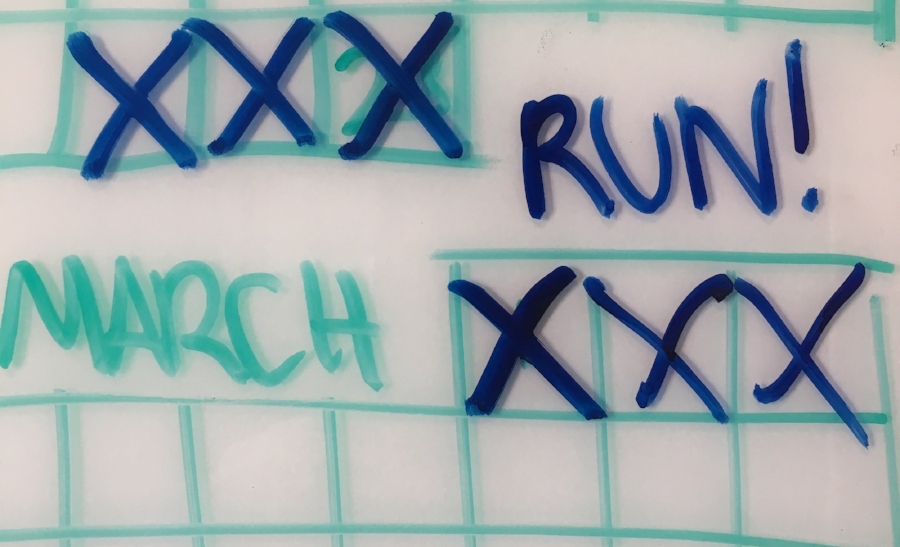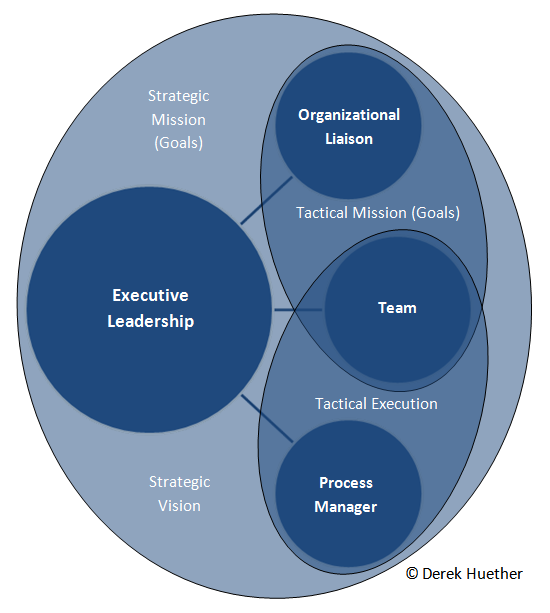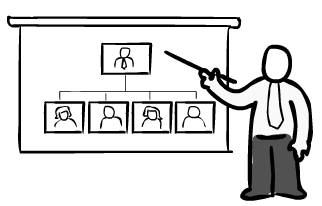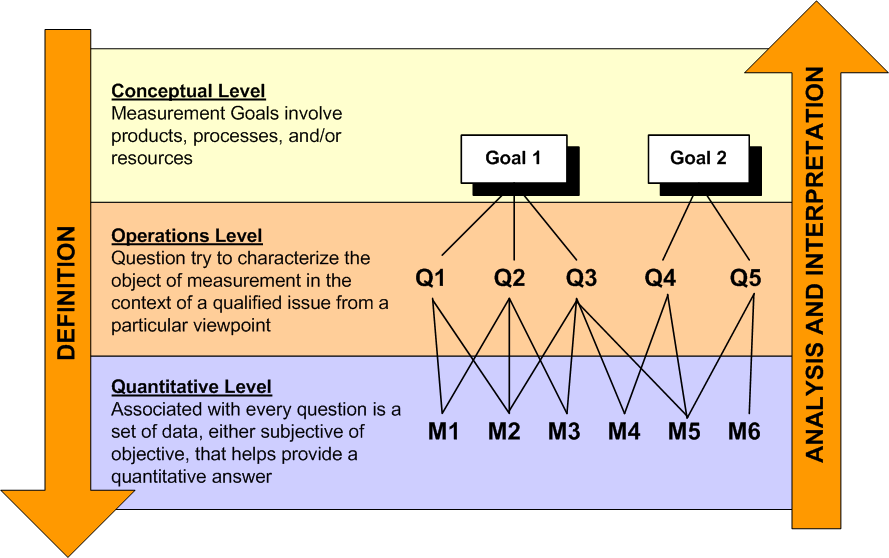With an ongoing quest to be as productive as possible and continue forming good habits, I decided to test a new strategy this last week. It's called “never break the chain”.
Years ago, comedian Jerry Seinfeld shared the biggest secret of his continued success. When Seinfeld was a new television show, Jerry Seinfeld was still a touring comic. He said the way to be a better comic was to create better jokes and the way to create better jokes was to write every day. Specifically, each January, he hangs a year-at-a-glance calendar on a prominent wall of his office, and for every day that he writes new material, he gets to mark a big “X” over that date. After a few days, a chain of Xs begins to form. The goal is to NOT break the chain, and write every single day.
Keep at it and the chain grows longer every day. You'll like seeing that chain, especially when it stretches past a few weeks. Your only job next is to not break the chain.
The goal of writing every day for a year, in the case of Jerry Seinfeld, sound impossible. But, if you can just focus on the single daily goal of "write something today", it becomes much more attainable.
Not only does this approach program the body and mind to do something daily, it also motivates you to continue that long string of Xs. If you don't do your goal one day, you don't get to draw the X. That pressure could be just enough to keep you going.
It doesn't particularly matter what your goal is. It can be anything, as long as you're actively and routinely pushing yourself. Daily action builds habits. It gives you practice and will make you an expert in a short time. If you don't break the chain, you'll start to spot opportunities you otherwise wouldn't. Small improvements accumulate into large improvements rapidly because daily action capitalizes on previous improvements.
As I noted in a previous blog post, to be productive you need 3 things: A system, ritual, and habit.
System: Never Break The Chain
Ritual: Mark X on calendar for every day you accomplish your task
Habit: Complete your task every day without breaking the chain







 , we're going to write a little self-contained story on an index card, post-it note, or something similar. When we're done, we're going to add the story card to our kanban board. Our user stories are written from the perspective of the user. In the case of the
, we're going to write a little self-contained story on an index card, post-it note, or something similar. When we're done, we're going to add the story card to our kanban board. Our user stories are written from the perspective of the user. In the case of the 
